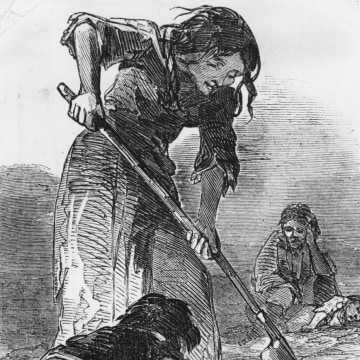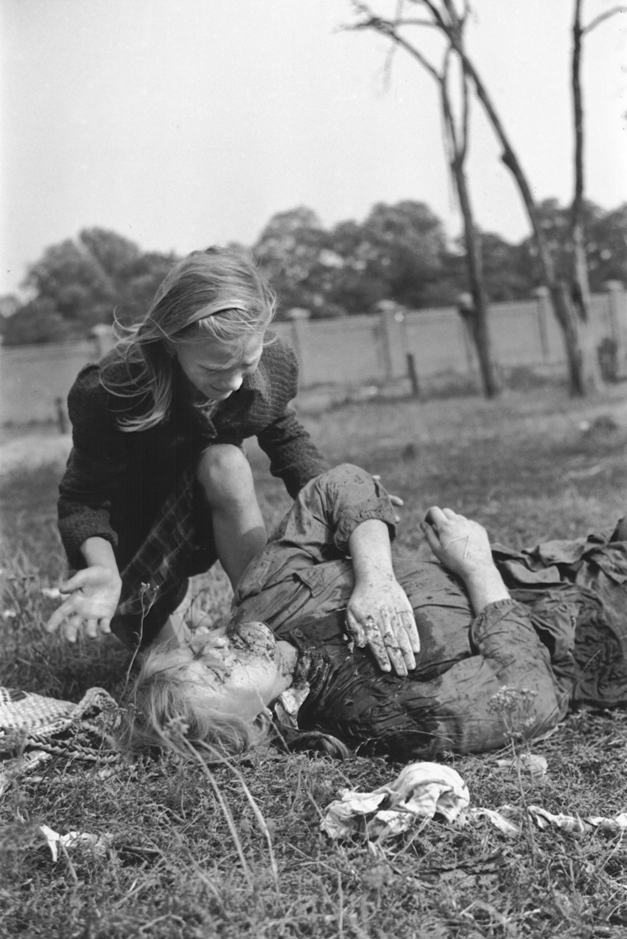My father wasn't an educated man. He was born on a small farm in western Poland and never attended school. He used to joke that the German concentration camp he spent 4 years in was his college and university.
He didn't know much about stuff most of us take for granted. One of the things he didn't know much about was religion. You couldn't talk to him about things like Moses or the Garden of Eden or the Holy Trinity, even though he was born a Catholic.
But he had a strong faith, and there were things that he believed with a certainty as sure as the turning of the earth. This is a poem about that.
What My Father Believed
He didn’t know about the Rock of Ages
or bringing in the sheaves or Jacob’s ladder
or gathering at the beautiful river
that flows beneath the throne of God.
He’d never heard of the Baltimore Catechism
either, and didn’t know the purpose of life
was to love and honor and serve God.
He‘d been to the village church as a boy
in Poland , and knew he was Catholic
because his mother and father were buried
in a cemetery under wooden crosses.
His sister Catherine was buried there too.
The day their mother died Catherine took
to the kitchen corner where the stove sat,
and cried. She wouldn’t eat or drink, just cried
until she died there, died of a broken heart.
She was three or four years old, he was five.
What he knew about the nature of God
and religion came from the sermons
the priests told at mass, and this got mixed up
with his own life. He knew living was hard,
and that even children are meant to suffer.
Sometimes, when he was drinking he’d ask,
“Didn’t God send his own son here to suffer?”
He believed life is hard, and we should
help each other. If you see someone
on a cross, his weight pulling him down
and breaking his muscles, you should try
to lift him, even if only for a minute,
even though you know lifting won’t save him.
_____________________________
The poem is taken from my book Echoes of Tattered Tongues, available from Amazon.
The illustration at the top of the page is by the artist Voytek Luka from my book Third Winter of War: Buchenwald.



